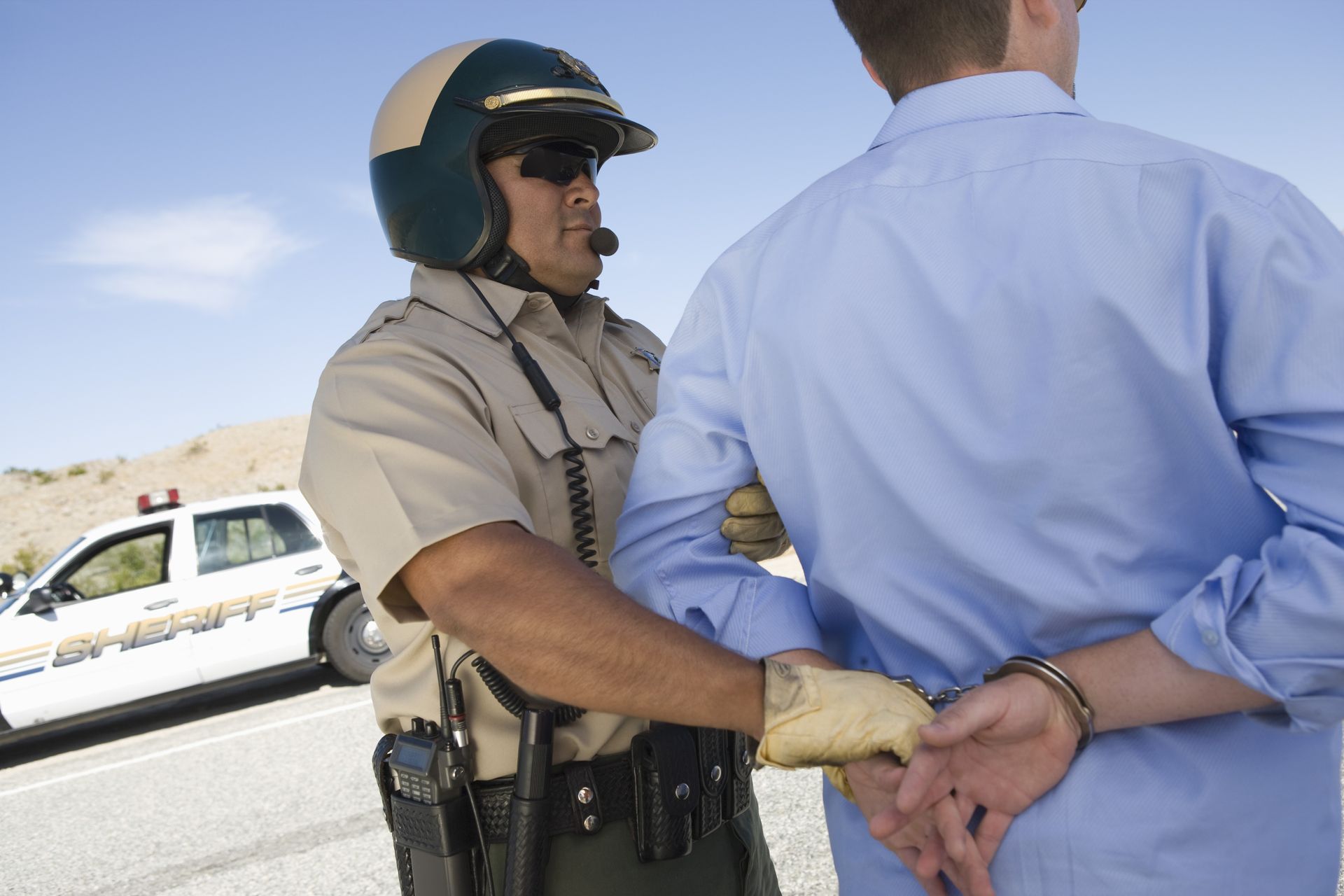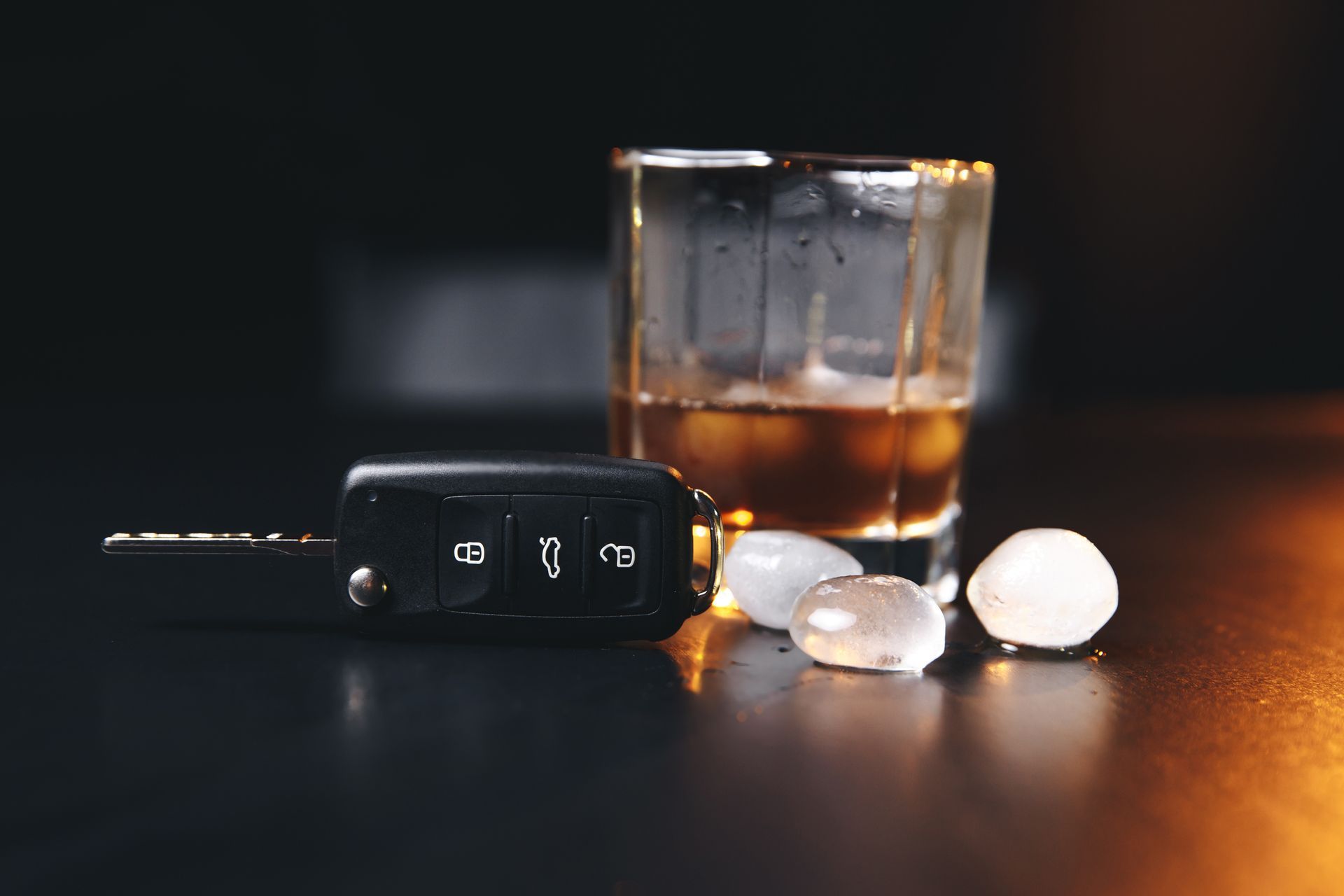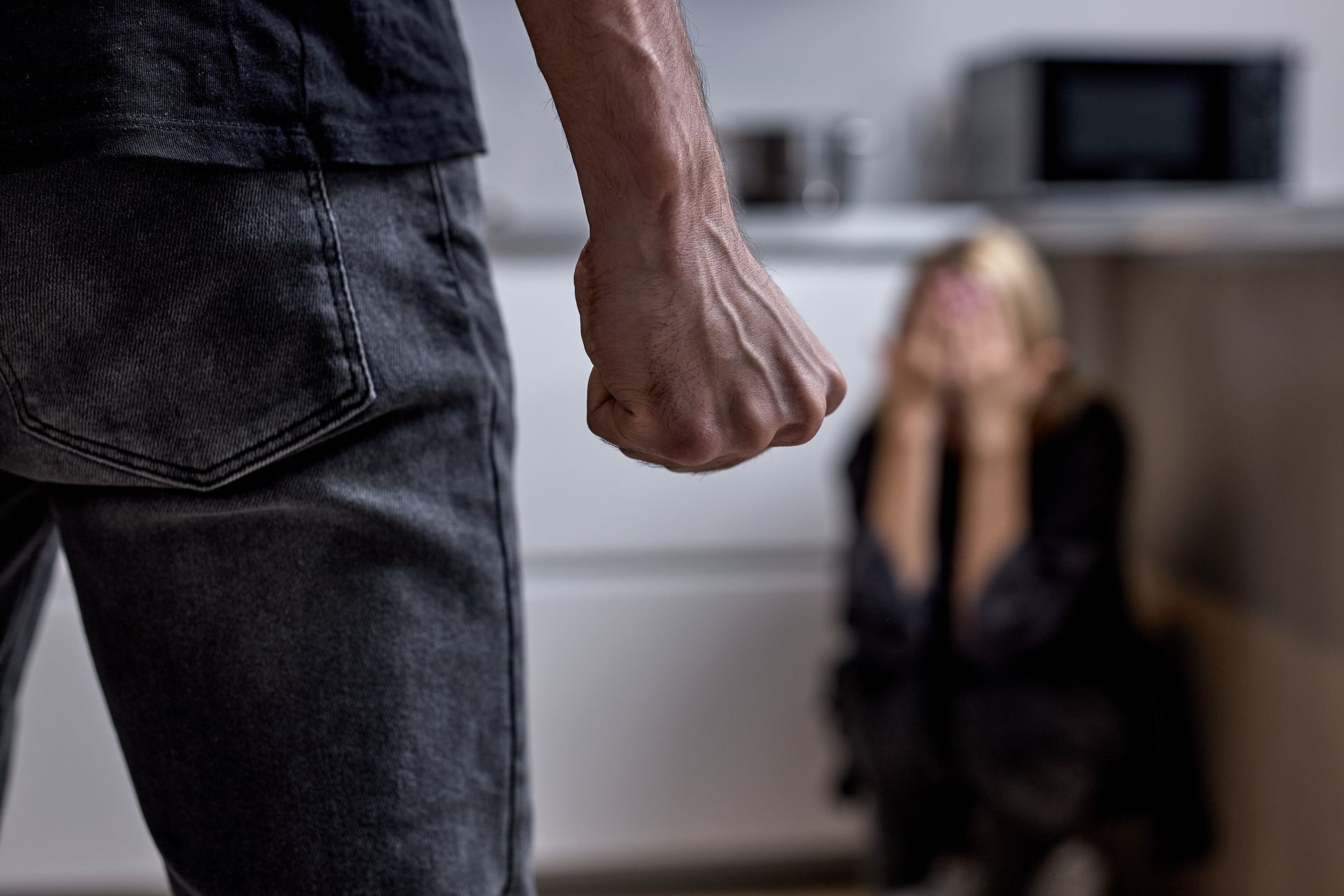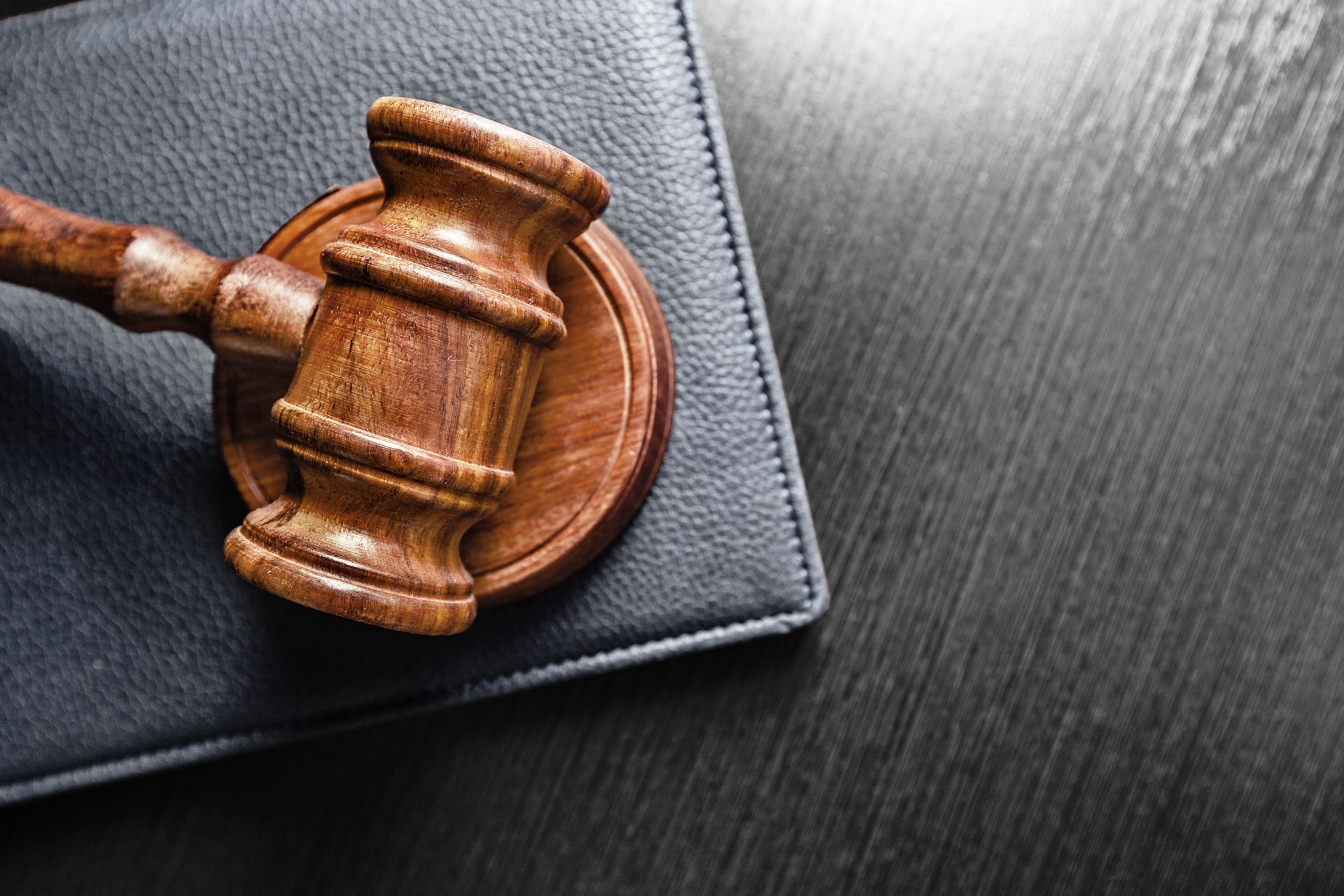The Difference Between Drug Possession and Intent to Sell Under Florida Law
The Difference Between Drug Possession and Intent to Sell Under Florida Law
Drug-related charges in Florida can range from minor offenses to serious felonies. Two of the most frequently charged offenses are drug possession and possession with intent to sell. While these charges may sound similar, they carry very different consequences and are handled differently by the courts.
If you're facing drug charges in Brevard County, understanding the difference between these two classifications can be critical for your defense and your future.
What Is Drug Possession?
Under Florida law, drug possession means having a controlled substance for personal use. Possession may be actual (the drugs are physically on your person) or constructive (the drugs are in a place you control, like your vehicle or home).
Common possession charges include:
- Marijuana under 20 grams
- Cocaine
- Heroin
- Ecstasy (MDMA)
- Prescription medications without a valid prescription
Penalties for possession depend on the substance and quantity but can include jail time, probation, mandatory drug counseling, license suspension, and a permanent criminal record.
What Is Possession With Intent to Sell?
Possession with intent to sell is a more serious charge under Florida Statute §893.13. You do not have to be caught in the act of selling drugs to face this charge. Law enforcement can infer intent to sell based on the circumstances surrounding the arrest.
Indicators of intent to sell include:
- Large quantities of drugs
- Small baggies or packaging materials
- Scales or weighing equipment
- Large amounts of cash
- Text messages or communications suggesting drug sales
Even if no transaction occurred, the presence of these items may lead to felony charges and significantly steeper penalties.
How Prosecutors Prove Intent to Sell
Intent is often proven through circumstantial evidence. Prosecutors may rely on the amount of drugs, how they were packaged, and any items that suggest distribution activity. For example:
- A person found with a few grams of marijuana in a single container might be charged with possession.
- A person with the same amount divided into multiple baggies, along with a scale and cash, may face intent to sell charges.
Law enforcement also uses digital evidence such as texts or social media messages when available to strengthen the case.
Legal Defense in Brevard County
If you are arrested for a drug offense in Brevard County, your first step should be to seek immediate legal representation. A defense attorney can examine the evidence, challenge the legality of the search or arrest, and fight for a reduction or dismissal of the charges.
Some common defenses include:
- Lack of intent to distribute
- Unlawful search and seizure
- Insufficient evidence
- Drugs belonging to someone else
At Chang & Pyles, we represent individuals across Brevard County who are facing drug charges, from possession to more serious distribution allegations. We focus on clear communication, legal strategy, and protecting your rights throughout every stage of your case.
Contact Chang & Pyles Today
Understanding the difference between possession and intent to sell is more than just a legal detail—it can shape the outcome of your case and your future. If you're facing drug charges in Brevard County, Florida, now is the time to take action.
Contact Chang & Pyles today for a confidential consultation and get the legal guidance you need. Visit www.brevardlawfirm.com or call our office to schedule an appointment.











